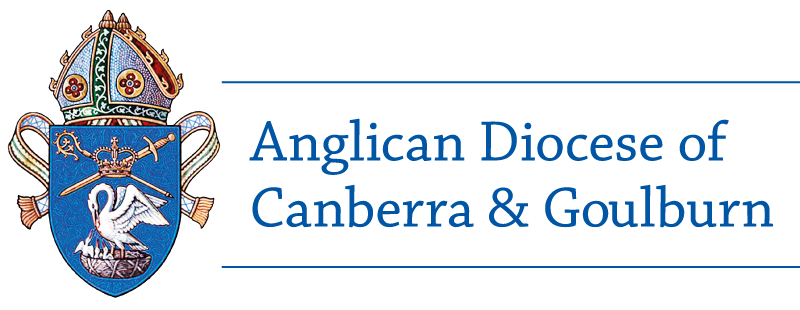As I write this column people across the world are preparing to celebrate the Platinum Jubilee of Queen Elizabeth II, the seventieth anniversary of her accession to the throne. My only encounter with royalty came at a distance. Our family were in England during the Queen’s Golden Jubilee and she came to our city as part of the celebrations. The day of her visit I lined up in on the footpath with our younger son on my shoulders. From that vantage point he saw her: I did but see her lemon-yellow hat passing by.
There is of course another distance that separates me from Her Majesty – the experience of inheriting an office and its duties by virtue of being born into a particular family. Most of us couldn’t begin to imagine what that must feel like. Perhaps it’s no surprise then that the basis for critiquing monarchy seems to have changed over time. Previous generations may have raised concerns about the impact on those who were reigned; these days the concerns seem to have more to do with the impact on those who reign. Is it right to expect to them to carry this weight, along with the accompanying scrutiny, when it’s not something they have chosen for themselves?
In the opening chapter of his book The Faith of Queen Elizabeth Dudley Delffs explores this tension through the lens of duty and desire and suggests she has found a resolution in Christian discipleship:
‘Early on she accepted the call placed on her life, yet she made the role uniquely her own by the way she has lived, served and reigned. She discovered how to navigate safe passage between the Scylla of duty and the Charybdis of desire. The only way to wear the royal grandeur of the monarchy was to remain clothed in her humanity. And her Christian faith remains the thread stitching person and personage, duty and desire, together.’
That faith has found expression in a life of service and sacrifice, comfort and compassion and a gracious yet clear articulation of the good news about Jesus, not least through the Queen’s Christmas Broadcast.
As I’ve suggested, we often struggle with the idea of duty, especially when it arises from circumstances beyond our control. It sounds inauthentic, something imposed on us rather than chosen by us. And yet, it’s not an idea foreign to the New Testament. It’s reflected in Jesus’ teaching in Luke 12:48 that ‘From everyone to whom much has been given, much will be required; and from the one to whom much has been entrusted, even more will be demanded.’
God’s call to us involves all of us: where and when we are born, our education, formative experiences, personal gifts. It invites us to be honest about the privileges and the challenges that come with all of this and bring it to the foot of the cross. Through the Holy Spirit God’s call births within us a desire to follow Jesus with all we are and all we have. That’s a lesson worth learning, for any Queen, and every servant.

